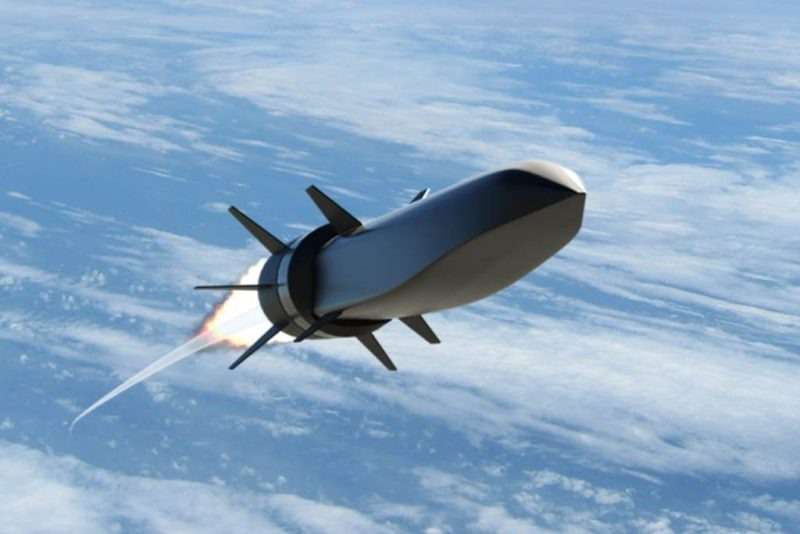
Raytheon, an RTX (NYSE: RTX) business, in partnership with Northrop Grumman Corporation (NYSE: NOC), was awarded a follow-on contract from the Defense Advanced Research Projects Agency (DARPA) to reduce risk for future air breathing hypersonic systems. Under the agreement, the Raytheon-led team will build and fly additional Hypersonic Air-breathing Weapon Concept (HAWC) flight vehicles.
“We applied learnings from each successful HAWC flight test to ensure that it is the most sophisticated system of its kind,” said Colin Whelan, president of Advanced Technology for Raytheon. “Continuing this important program will expand our knowledge of hypersonic flight and allow us to deliver the critical capability our warfighters need.”
The team will continue to apply data and lessons learned from earlier stages of the program to mature the operationally relevant weapon concept design. Mainly, the effort focuses on incorporating manufacturing improvements into the existing HAWC design and flight tests to expand its operating envelope while validating system performance models. The airframe and engine designs are closely aligned to the U.S. Air Force’s Hypersonic Attack Cruise Missile (HACM) which will directly benefit from the continued advancements.
“The HAWC follow-on contract serves as an engine pathfinder program in our new production-ready Hypersonics Capability Center in Elkton, Maryland,” said Dan Olson, general manager and vice president, weapons systems, Northrop Grumman. “Our factory of the future will seamlessly transition our validated propulsion system design into an operationally ready system to support further flight testing.”
Raytheon and Northrop Grumman have been partners since 2013 and signed a teaming agreement in 2019 to develop, produce and integrate Northrop Grumman’s scramjet engines onto Raytheon’s air-breathing hypersonic weapons. In September 2022, the team was selected to develop HACM, a first-of-its-kind weapon. Additionally, the team has successfully completed multiple HAWC operational prototype system flight tests where digital engineering concepts, grounded in real-world flight data, have accurately predicted and increased system performance. Their combined efforts enable the production of air-breathing hypersonic weapons, the next generation of tactical missile systems.

Leave a Reply